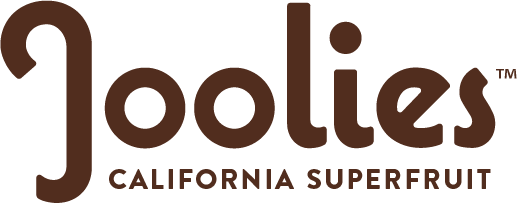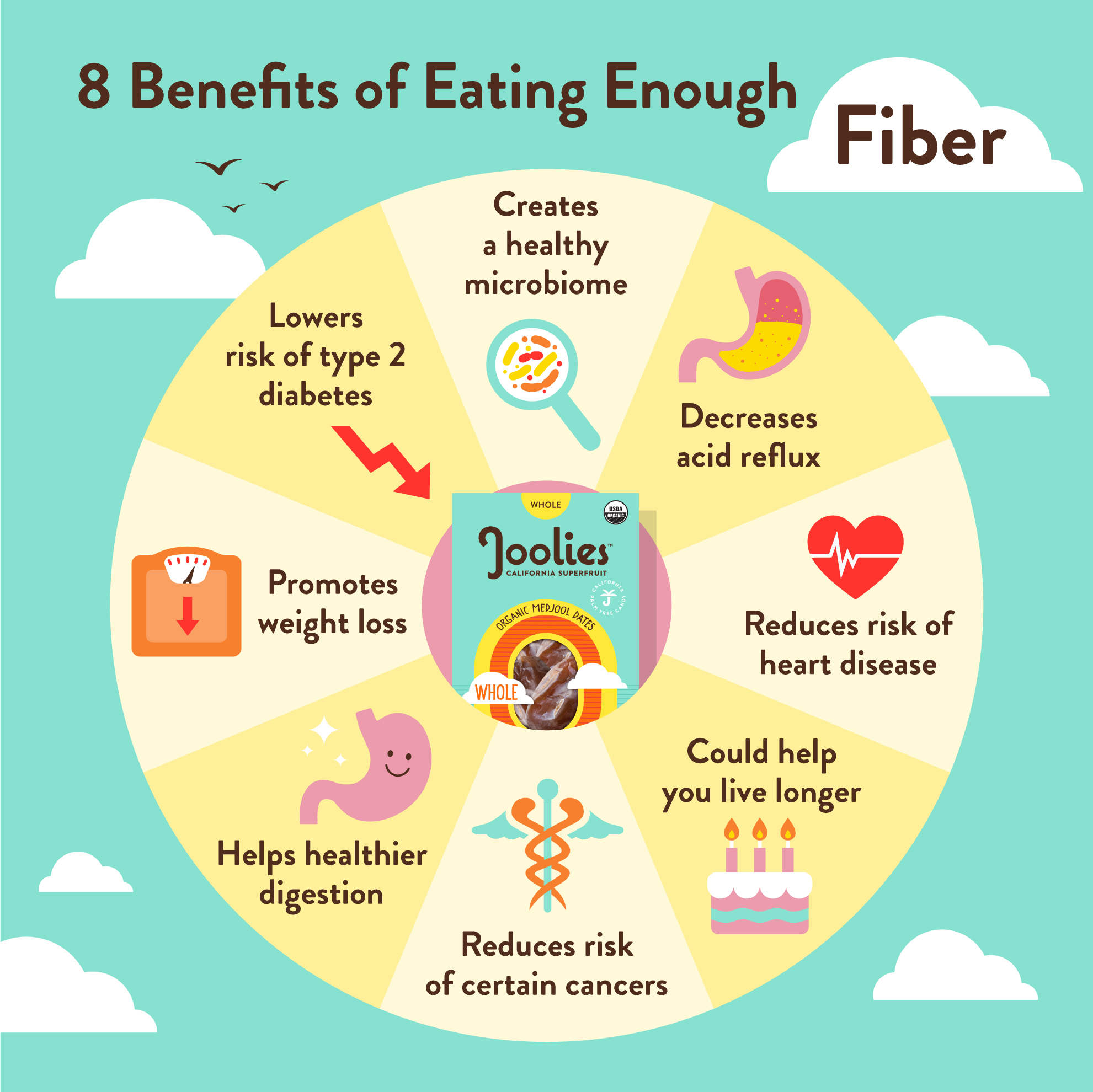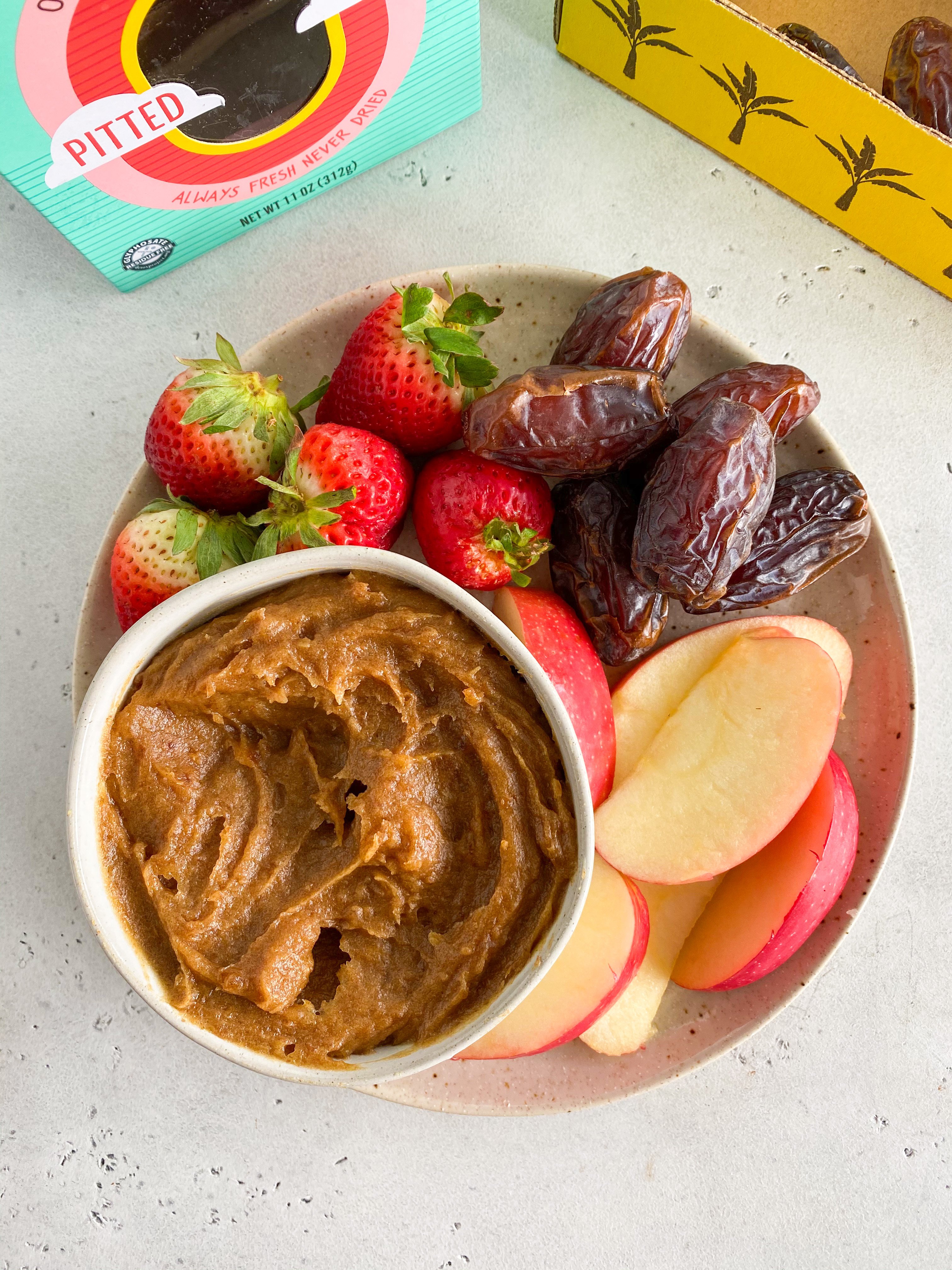Fiber is a secret powerhouse for health, yet most adults don't get enough of it in their diet. Here are eight advantages of fortifying your fiber.
We’ll admit it: Fiber doesn’t exactly top anyone’s list of all-time sexiest nutrients. It’s not always easy to get excited about the dietary building block everyone associates with bathroom habits. (You’re not alone if it makes you think of prunes, oatmeal, and other unappealing foods in your grandma’s pantry.)Still, despite its un-glamorous reputation, dietary fiber is a secret powerhouse for health—and it’s not just boring foods that contain plenty of it. Getting enough fiber can stave off heart disease, reduce your risk of type 2 diabetes, help you lose weight, and more. (Not gonna lie, it will improve your bathroom habits, too).
So what does it mean to get “enough”? According to the United States Department of Agriculture (USDA), a 2,000 calorie diet should include at least 28 grams of fiber. The Academy of Nutrition and Dietetics breaks it down into unique targets for men and women: 38 grams per day for men and 25 grams per day for women. While these fiber goals aren’t one-size-fits all, a good rule of thumb is to consume 14 grams of fiber for every 1,000 calories you eat.
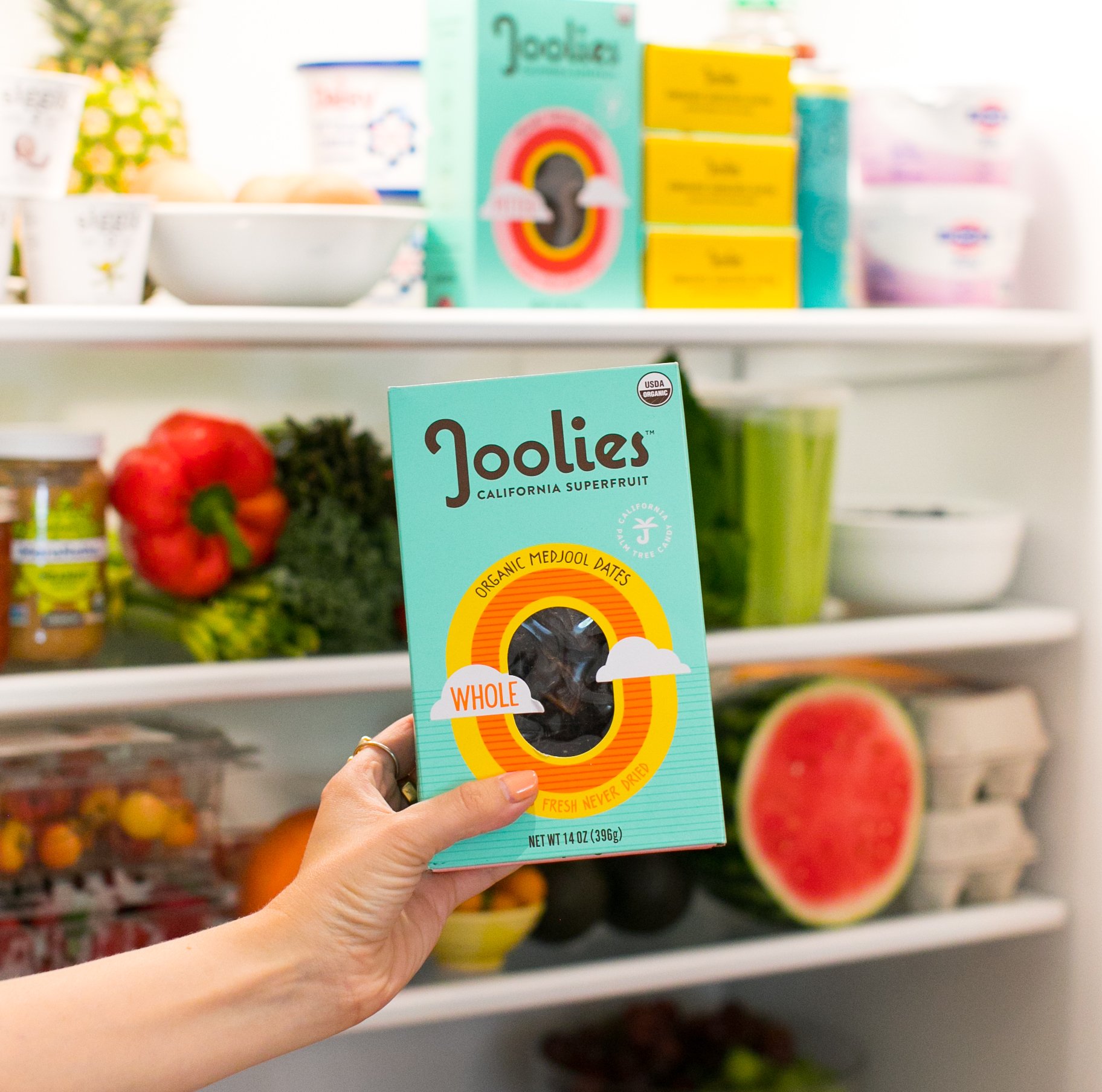
Looking to amp up the fiber in your meals and snacks? Try focusing on these foods:
- Whole grains like whole wheat bread, pasta, brown rice, and oats.
- Fruits like apples, berries, citrus fruits, and Medjool dates🌴
- Vegetables like broccoli, bell peppers, salad greens, and squash
- Beans and legumes like black beans, chickpeas, lentils, and peas
- Nuts and seeds like almonds, walnuts, chia seeds, and flax seeds
As you incorporate more of these choices in your daily diet, you can expect to reap some amazing benefits. Here are eight advantages of fortifying your fiber.
Creates a healthy microbiome
You’ve probably heard of the gut microbiome—the epic total of billions of bacteria in your GI tract. Despite their itty-bitty size, these gut bugs can make an enormous difference to your health. A thriving microbiome has been associated with perks like lower rates of depression, increased immunity, and reduced risk of type 2 diabetes, among others.
Here’s where fiber comes in. Feeding your microbiome fiber-rich foods helps keep it happy and healthy. One recent study found that increasing fiber intake for just two weeks created positive changes in the gut microbiome.
Promotes weight loss
Here’s a benefit you don’t hear about every day: Getting more fiber is a hidden key to weight loss. Tons of studies have revealed that eating more of this nutrient is linked with achieving and maintaining a healthy weight.
Experts believe this occurs for a few reasons. For one, soluble fiber does an excellent job of increasing feelings of fullness, keeping you from overconsuming calories. Fiber also delays gastric emptying and alters the secretion of gut hormones, both of which can regulate your appetite. Grains, veggies, and legumes all make great weight loss-friendly choices (or we say grab a date for healthy weight!).
Reduces risk of heart disease
If you’ve been diagnosed with heart disease (or know you’re at risk), you may have felt pretty bummed about all the no-no’s of a heart-healthy diet. But eating right for your heart doesn’t just mean removing foods from your diet. It also means adding some!
Eating plenty of fiber-rich foods has been shown to reduce both total cholesterol and low-density lipoprotein (LDL, or “bad” cholesterol). Plus, fiber’s weight-lowering effects help prevent obesity, a major factor in the development of heart disease.
Specific foods like whole grains and pulses (a fancy term for plants in the legume family) have been shown to have significant impact on cardiovascular disease risk. But you can’t go wrong getting more fiber from any whole foods.
Helps healthier digestion
You knew we had to go there, right? Fiber certainly earns its reputation as a digestive aid, reducing both constipation and diarrhea. In fact, some studies have shown that fiber supplementation is safe and effective for improving overall symptoms of irritable bowel syndrome (IBS).
That said, you don’t have to choke down a chalky supplement to get your daily dose. For most people, simply including more high-fiber foods throughout the day is enough. Reach for whole grains instead of refined grains, choose a salad as a side when dining out, or make a fruit smoothie for your afternoon snack.
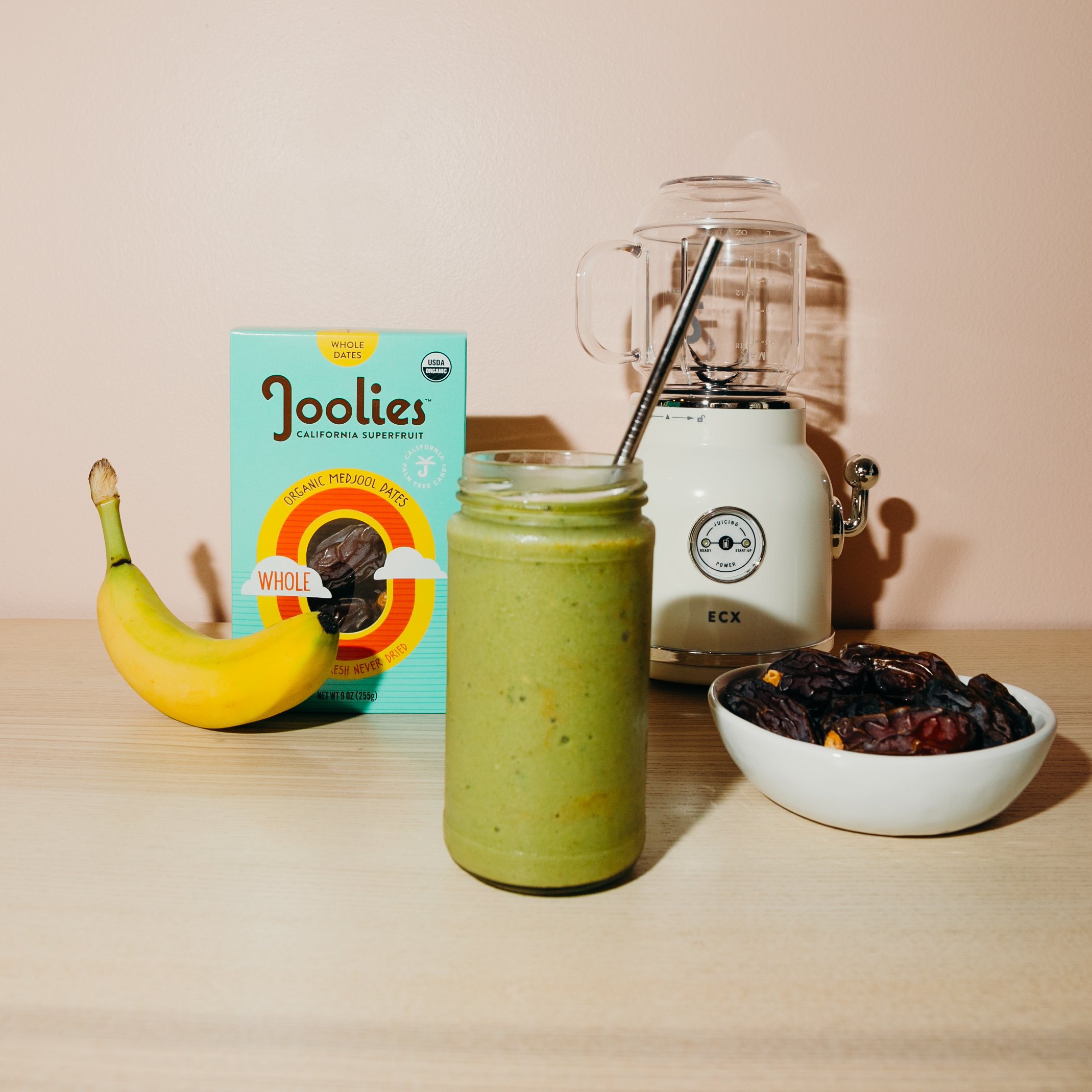
Reduces risk of certain cancers
We’d probably all like to do what we can to dial down our risk of The Big C. Turns out, loading up on fiber is one important tool in a cancer prevention toolkit. Research shows that high consumption of fiber could reduce the risk of developing certain cancers like colon cancer and breast cancer.
The link between fiber and cancer isn’t perfectly clear just yet, but some theories go that fiber’s effects on the microbiome may play a role, or that fiber helps eliminate cancer-causing chemicals from your GI tract.
Lowers risk of type 2 diabetes
Although an increasing number of Americans have developed type 2 diabetes in the last several years, there’s good news: This disease can largely be prevented through diet. In addition to cutting back on sugary foods and drinks and choosing healthy unsaturated fats, boosting your fiber intake can also lower your odds.
In fact, one study that followed over 26,000 adults for 11 years found that those with the highest fiber intake had an 18% reduced risk of type 2 diabetes compared with those who ate the least fiber.
Even if you’re already living with type 2, adding fiber could help you manage your condition. Fiber works to control blood sugar and improve insulin resistance.
Decreases acid reflux
Those who suffer from gastroesophageal reflux disease (GERD) may find a friend in fiber, too. According to a small 2018 study in the World Journal of Gastroenterology, a fiber-enriched diet helped reduce pressure on the lower esophagus, thereby decreasing symptoms of acid reflux.
Granted, if you have GERD, you may not want to get fiber from acidic food sources like citrus fruits or tomato products, which could irritate your condition. Instead, try milder high-fiber foods like whole grains, beans, veggies, and dates.
Could help you live longer
Adding years of life by adding a single nutrient? Sign us up! A 2015 analysis of 17 studies found a statistically significant correlation between eating more fiber and living a longer life. For every 10-gram increase in fiber intake, there was a 10% reduction of risk of death. Who knew you could snack your way to healthy old age?
Bottom line
Fiber’s many advantages for health often go unsung—which may be part of the reason most of us don’t get enough of it in our diet. (On average, most adults get just 10 to 15 grams per day.)
At Joolies, we want to help fix that! Not only do our dates contain 3 grams of fiber per two-fruit serving, we’re all about sharing ways to include them with other healthy foods. Check out our 10 Perfect Mates for Dates, Holiday Dessert Charcuterie Board, and 5 Ways to Stuff Dates for tasty, high-fiber recipe inspiration.
Written by: Sarah Garone, NDTR
Nutrition and Dietetic Technician, Nutritionist and Freelance Writer
